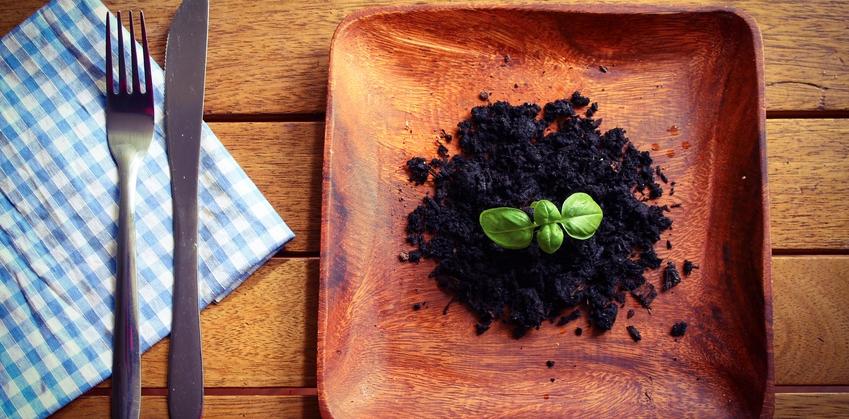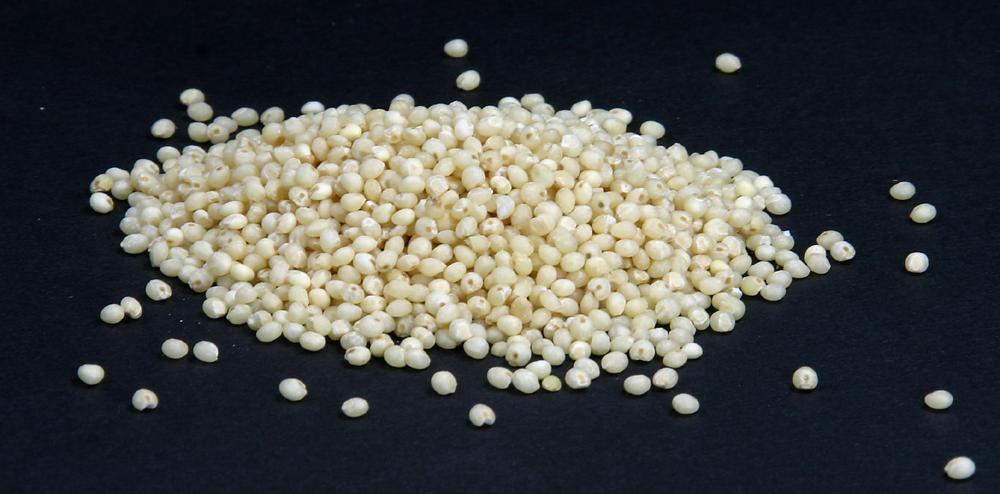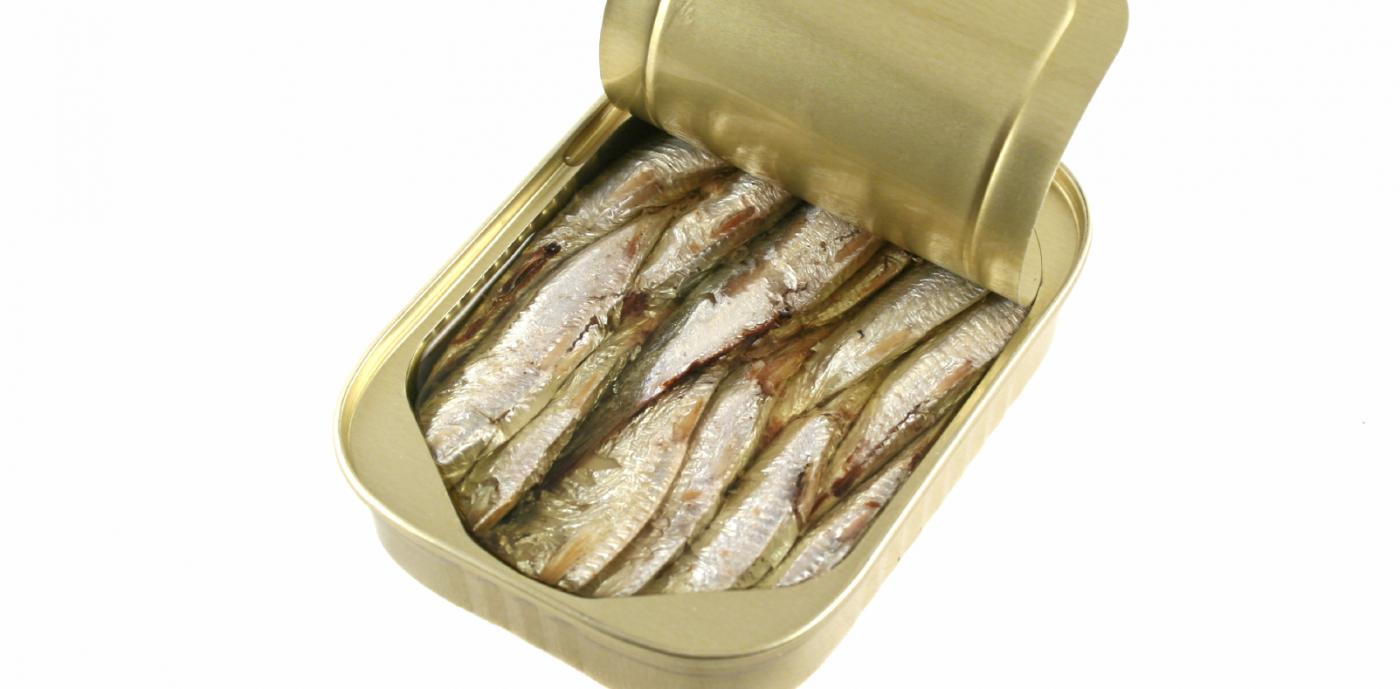Share This
Sustainable eating is largely a forward-looking practice, as diners weigh how their food choices today affect future generations. But for time-tested guidance in environmentally friendly diets, we invite you to turn your attention to the past. Traditional diets, such as the Mediterranean Diet or African Heritage Diet, are surprisingly well-aligned with today’s environmental principles. Here are four ways to let the old ways be your guide to good health and environmental wellbeing.
1. Go Primarily Plant-Based
Historically, meats and poultry were much more expensive than they are today, so animal foods were used as garnish, rather than the main event. From tofu in Asia and black beans in Latin America, to lentils in Africa and chickpeas in the Mediterranean, plant-based foods offered a more affordable source of protein, and are more sustainable to boot. In a 2017 study of more than 70,000 adults in California, scientists found that the food choices of semi-vegetarians (eating meat more than once a month but less than once a week) and vegetarians were linked to 22% and 29% lower greenhouse gas emissions respectively than non-vegetarian diets. This is because meat is much more energy-intensive to produce than plant foods.
2. Get Creative with Leftovers to Minimize Food Waste
Having steady access to food wasn’t always a given in generations past, so people couldn’t afford to turn their noses up at “ugly produce” or leftover odds and ends. In traditional Asian diets, small amounts of leftover vegetables are simmered in water or broth to make hot soups, which are a staple of the daily meals, keeping people hydrated and satisfied throughout the day. In the Mediterranean, stale bread was toasted as crostini and topped with cheese, tomatoes, or other garnishes, or it was used to thicken up vegetable soup, as in the Tuscan dish ribollita. Adopting these strategies is a great way to help reduce food waste, lower greenhouse gases, and feed more people with less food.
3. Put Climate-Friendly Crops on Your Plate
While earth-friendly grains are at the core of many traditional diets, the African Heritage Diet in particular features some of the most sustainable crops around. For example, proso millet has the lowest water requirement of any grain crop, and pearl millet is most able to tolerate extremes of heat and drought. Similarly, teff, an Ethiopian whole grain, thrives in drought. Additionally, by diversifying the landscape with different crops, rather than one monoculture, the land is better able to bounce back from the heavy demands of agriculture, and better able to adapt to climate uncertainties.
4. Don’t Overlook the Little Fish
One of the most striking differences between Mediterranean seafood dishes and American seafood dishes is the Mediterranean’s creative use of little fish, like sardines. Fish that are lower on the food chain are a more sustainable choice than larger fish. That’s because many popular fish (such as salmon) feed on smaller fish, thus creating a net loss. Trying more little fish is a creative (and delicious) way to eat more sustainably.
Generations past might not have known about carbon footprints or greenhouse gas emissions, but they treated each and every vegetable with gratitude and made their meals out of foods closer to the earth. Today, research backs up the benefits of these practices. Scientists in Spain found that switching from the current Spanish diet back to a Mediterranean Diet could cut greenhouse gas emissions by up to 72%, land use by up to 58%, energy consumption by up to 52%, and water use by up to 33%. In another study, scientists in California estimate that if Americans decrease red and processed meat and refined grains, and shift to eat more beans and peas, whole grains, fruits, and vegetables (the staple foods of traditional diets around the world), it may lower greenhouse gas emissions by 222-826 kg CO2, (which is equivalent to 6-23% of the US Climate Action Plan’s target).
Planetary and human health are closely intertwined. Browse our recipe collection inspired by traditional diets around the world, and experience firsthand how delicious sustainable eating can be.
Kelly Toups, Director of Nutrition
Join the Make Every Day Mediterranean Club Facebook group for additional information and support.




Comments
Add a Comment